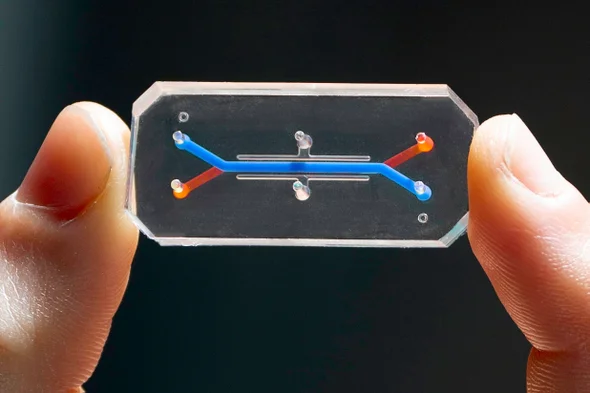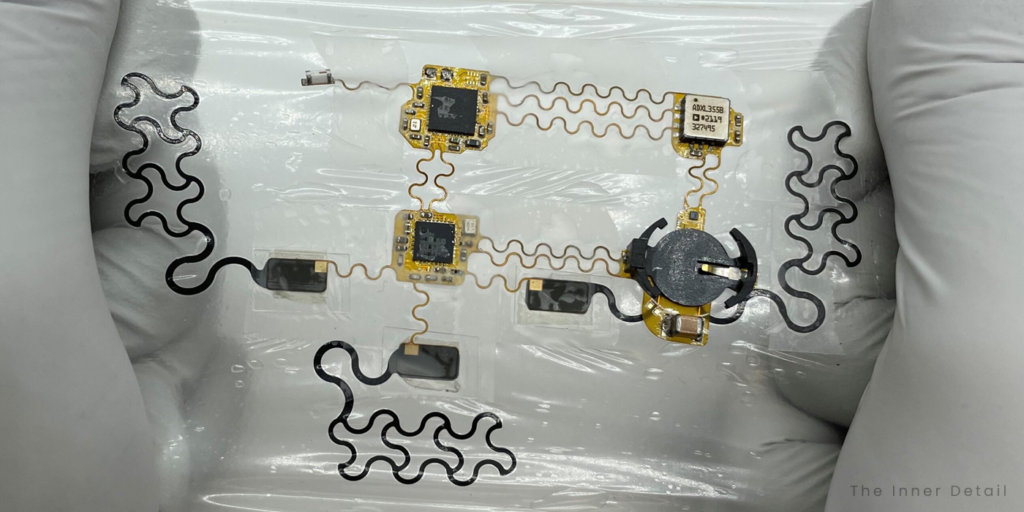People have been voracious about making money for years, seeking high paying jobs, insatiate in business and hunting for ways to seem lucrative in the society. Although, for generations, people are incertitude about a popular question that ‘if money can buy happiness?’
Researchers are baffling to find a period to this question and many studies justify different results biasing on regions, participants and their society or environment. For example, a study by Princeton University, Princeton, NJ reveals that money does buy happiness for households who earn up to $123,000 to the maximum.
The study pinpoints that, while money that helps to meet the basic needs like food, shelter, house bills, medical expenses and so on, may seem to bring happiness, chunks of cash in the banks has no effect on people’s lives and their psychological well-being.
Though it’s consensual, it doesn’t explicitly expound on the matter. But this Harvard’s study might be.
Harvard Study on Money & Happiness
Harvard Study of Adult Development has been tracking people up to three generations since 1938, to put an end to this flummoxing question – Can Money buy Happiness?
They have been assessing what really makes for a satisfying life and what does not. In the progress, a new book called “The Good Life”, authored by Robert Waldinger and Marc Schulz gives answer to the question.
And it is “No, Money will not buy you happiness”.
The world’s longest study by Harvard of nearly 80 years helped the authors to come to a conclusion, by scrutinizing people’s lives and here’s what the book says about money and happiness.
Money is a tool and not Source
According to the study and the authors, money is not to be treated as the ultimate goal, but as an aid that helps us to arrive to the end of meaningful existence.
“Money can’t buy us happiness, but it’s a tool that can give us security and safety and a sense of control over lives,” says Schulz, who is also a psychology professor at Pennsylvania’s Bryn Mawr College.
Rather than “money can’t buy you happiness”, it might be better to say “money can buy you safety and security”, and these things make it easier for us to be happy. But there’s no direct one-to-one relation between money and happiness, and how it affects us ultimately depends on who we are and how we’ve been raised.
“Money is a tool to lead a living, but not a purpose to living.”
Career Success is not the answer
The tendency of people to imagine of being in a respectful position in fortune company, or being a big achiever with a lucrative pay will get us happiness is not actually true. Studies shows that participants with “more prestigious jobs and more money were no happier in their lives,” Schulz says.
The thought of getting happiness from money-oriented achievement – like high net worth, 7-digit amount in the bank account, will not actually bring you happiness but pushes it into the future, so you will be always out of reach, aiming for even higher.
“The problem with that approach is that life passes you by,” Schulz adds.
Build a Good work-life with Office people

Heading to the office for paychecks, though it is the main purpose, the authors suggest to initiate interactions with colleagues with people around you and bond up with them, as it turns out they are very important for a healthy work-life indeed.
“A large part of our waking lives is spent at work, and if you believe that relationships make for a good life, then you need to think about your connections at work,” Schulz says. “Those relationships are important to your well-being, because you spend such a large amount of time with them.”
Related Posts
Think of What to do after Retirement
Retirement represents a significant risk to many people’s happiness and sense of self-worth. As people are known for what they do, their job titles, role in the company, skills they acquire, losing all of them at the retirement might get them a loss-of-mind.
It’s not about having a retirement account in 401(k), but building activities, networks, or purpose outside of the office, which makes oneself feel real and socially connected in the life. May it be side-business, or patching up with old friends or voluntary involvement in social causes, interactions with people probably the loved ones will get you happiness at older ages.
Author suggests its better to plan accordingly from the mid-career period, supposedly in late 30s or early 40s.
“People who have done best in retirement are those who lean into it, and think about their social connections, and rebuild their networks outside of work,” Schulz cites.
Experience over Material things

Stuffing up materials will only occupy space but not pleasure or satisfaction, according to the study’s findings. Valuing experiences over material things will lay the road of peacefulness in life.
“Rather than buying a bigger house or a fancy car, if you use your money to share experiences with others, that money will get you a better return on happiness,” Schulz explores.
It can be a vacation with your friends or family, spending on a pleasant dinner, having a bike-ride with your partner and so on.
Relationships keep us Happy
As humans are social animals, connecting with fellow people, interacting, and spending time with them will possibly boost happiness in humans. Likely as said above that a social connection is important wherever a person is, a healthy relationship is what mankind crave for, subconsciously, sometimes consciously.
“At the end of the day, life is really about our connections with others. It’s our relationships that keep us happy.”
What you think of this study? Does money buy happiness for you? Drop your thoughts in the comments..
Hope the page was useful!
(For more such interesting informational, technology and innovation stuffs, keep reading The Inner Detail).






